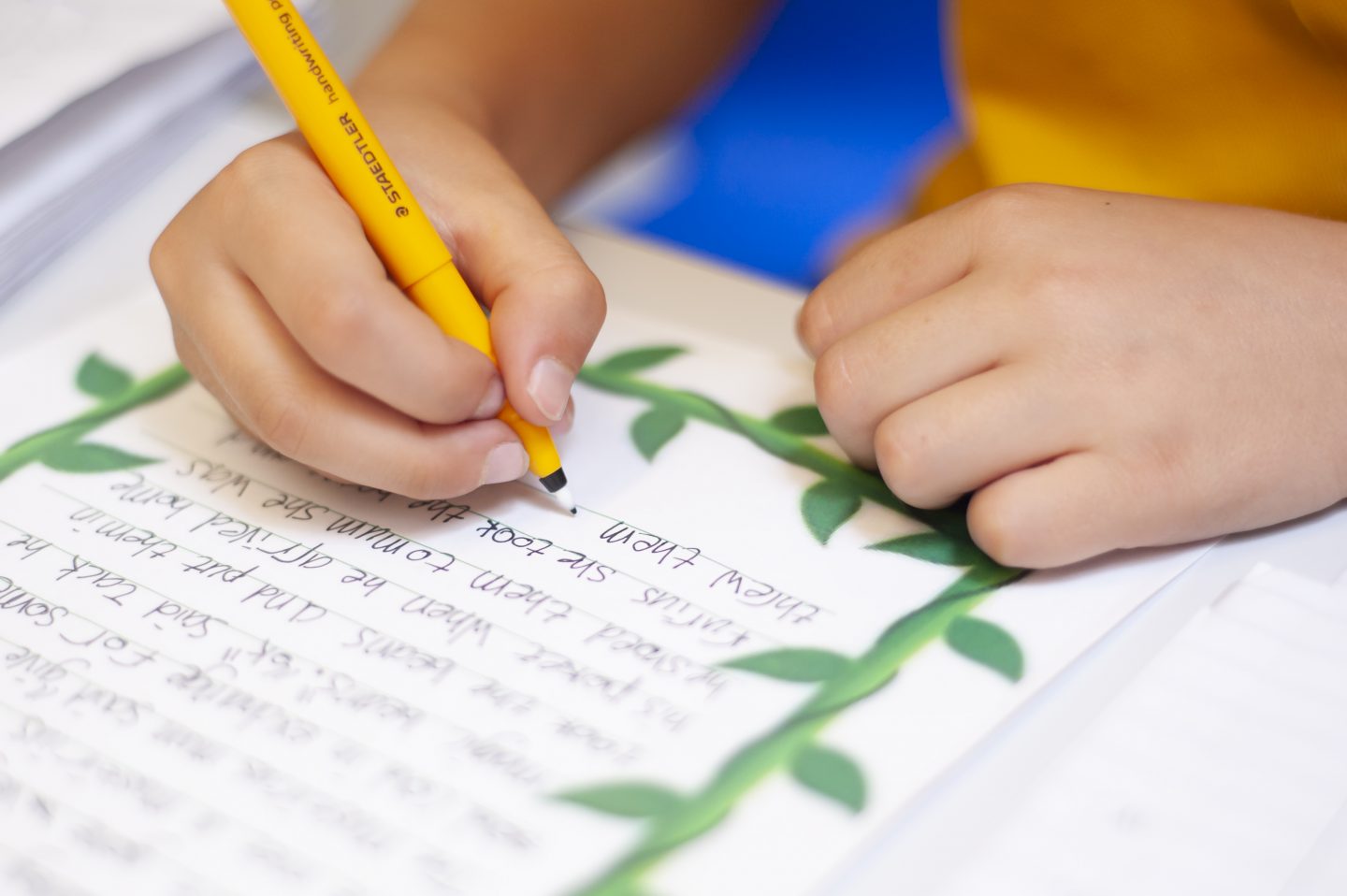
Remote Education Provision at Jubilee
Information for parents
This information is intended to provide clarity and transparency to pupils and parents or carers about what to expect from remote education if local restrictions require entire cohorts (or bubbles) to remain at home.
For details of what to expect where individual pupils are self-isolating, please see the final section of this page.
The remote curriculum: what is taught to pupils at home
Will my child be taught broadly the same curriculum as they would if they were in school?
We will teach the same curriculum remotely as we do in school wherever possible and appropriate. However, we will need to make some adaptations in some subjects. For example, in making use of high quality video resources from the Oak National Academy, some subjects will not link to our main topics in the way they would in school, for example in Music. Additionally, while we encourage regular physical activity while learning at home, it will not be possible to deliver our PE curriculum in the same way we would in school.
Remote teaching and study time each day
How long can I expect work set by the school to take my child each day?
We expect that remote education (including remote teaching and independent work) will take pupils broadly the following number of hours each day:
| Early Years pupils | 3 hours |
| Key Stage 1 pupils (Years 1 & 2) | 4 hours |
| Key Stage 2 pupils (Years 3, 4, 5 & 6) | 4 hours |
Accessing remote education
How will my child access any online remote education you are providing?
Early Years: Tapestry and other automated programs
Years 1-6: Google Classroom and other automated platforms
If my child does not have digital or online access at home, how will you support them to access remote education?
We recognise that some pupils may not have suitable online access at home. We take the following approaches to support those pupils to access remote education:
- Any family that needs to can loan a Chromebook for their child, following our successful fundraising programme over the 2020 summer holidays. Multiple devices can be borrowed by families with siblings
- Anyone requiring technical assistance can contact our IT technician directly at efuentes@jubilee.hackney.sch.uk
- Families who do not have a home internet connection have been contacted to arrange boosting their data allowances via a government scheme
- Books including phonics books, Maths worksheets matching the materials posted on Google Classroom, maths resource packs for Early Years and KS1 to support with live Google Meet tutorials will be available to collect from school. ParentMail notifications will be sent when they are ready to collect
How will my child be taught remotely?
- In Early Years, videos are uploaded each day of the teachers reading stories and talking to the children, as well as written posts for parents to access with ideas of activities to enjoy with their children, or topics to talk about together. There are no live activities for EYFS classes, although we may invite some children for extra video support where necessary.
- In Years 1-6, each day begins with a live Google Meet registration where children are welcomed by the teacher and the day’s learning is introduced and explained.
- After registration, a live English lesson takes place on Google Meet. It is recorded for families who are not able to access at the time
- A sequence of recorded video lessons and activities are posted throughout the day (e.g. Oak National Academy lessons, Read Write Inc. videos, video recordings made by teachers), which families can access later if needed.
- In the afternoon pupils have small group tutorials live on Google Meet where their teacher will address a key aspect of their morning learning, and pupils can share their work and ask questions.
- All pupils have access to automated Learning Platforms (Mathletics, Numbots, Teach Your Monster to Read, Spelling Shed, Accelerated Reader), and use of these is also monitored and encouraged to complement and extend children’s learning on Google Classroom.
- Learning will also be promoted via reading books of books, independently and with adult support. Phonics books for younger children will be available to borrow on a regular basis.
Engagement and feedback
What are your expectations for my child’s engagement and the support that we as parents and carers should provide at home?
- In Early Years, teachers hope to see engagement from parents and children with posts uploaded by parents during the week. There is no minimum or maximum number of posts expected by parents. We expect parents to be able to support children to watch the videos posted by the teachers, and to enable children to access some or all of the activities that teachers provide
- In Years 1-6, We expect all pupils to be engaged in the work set each day, and parents to contact the school if children are not able to access any of the learning for any reason
- Parents can support at home first and foremost by ensuring a clear routine, making sure children are ready to learn at the time of morning registration
- If home environments allow, providing children with a quiet space to learn, and to take part in live video sessions, is important
- Reading is the most important thing you can do with your child: helping them to access phonics / reading assignments posted, but also reading with them and to them every day
How will you check whether my child is engaging with their work and how will I be informed if there are concerns?
- In Early Years, Tapestry is monitored daily and texts and phone calls are made to offer support
- In Years 1-6, teachers take a daily morning register on Google Meet and record which pupils come to afternoon tutorials
- Staff monitor which assignments are turned in throughout the day
- Parents receive a text or phone call if pupils are not completing work or present on Google Meet sessions to offer support
How will you assess my child’s work and progress?
Feedback can take many forms and may not always mean extensive written comments for individual children. For example, whole-class feedback or quizzes marked automatically via digital platforms are also valid and effective methods, amongst many others. Our approach to feeding back on pupil work is as follows:
- In Early Years, feedback will be given routinely via comments on submissions in Tapestry
- In Years 1-6, English Assignments will receive written feedback from a member of staff each day
- Afternoon Google Meet tutorials will be used to feedback on previous work including Maths and a range of other subjects
- Teachers will routinely celebrate achievements of pupils in their online classrooms and by contacting parents
Additional support for pupils with particular needs
How will you work with me to help my child who needs additional support from adults at home to access remote education?
We recognise that some pupils, for example some pupils with special educational needs and disabilities (SEND), may not be able to access remote education without support from adults at home. We acknowledge the difficulties this may place on families, and we will work with parents and carers to support those pupils in the following ways:
- For pupils with SEND who are learning from home, the school SENCO will be in touch to discuss and develop a bespoke programme of provision best suited to each pupil’s needs. This may involve a combination of 1:1 video sessions, pre-recorded video lessons and targeted work on automated learning programs
- For younger pupils in Early Years and Key Stage 1, there is more flexibility in the timings of assignments being set to allow working parents who need to support pupils’ learning to manage their own timetables. In addition concrete Maths resources and phonics books will be sent home to support these pupils’ needs.
- Daily 1:1 phonics tutoring is provided on Zoom (Reception) or Google Meet (Years 1-2) for pupils who normally receive this provision in school
Remote education for self-isolating pupils
Where individual pupils need to self-isolate but the majority of their peer group remains in school, how remote education is provided will likely differ from the approach for whole groups. This is due to the challenges of teaching pupils both at home and in school.
If my child is not in school because they are self-isolating, how will their remote education differ from the approaches described above?
If an individual pupil is self-isolating when the rest of their class is not, tasks and activities will still be set using Tapestry or Google Classroom, but live sessions on Google Meet will not take place.
The teacher will also set targets on automated learning programs, monitor progress and keep in touch will the pupil using ParentMail.
